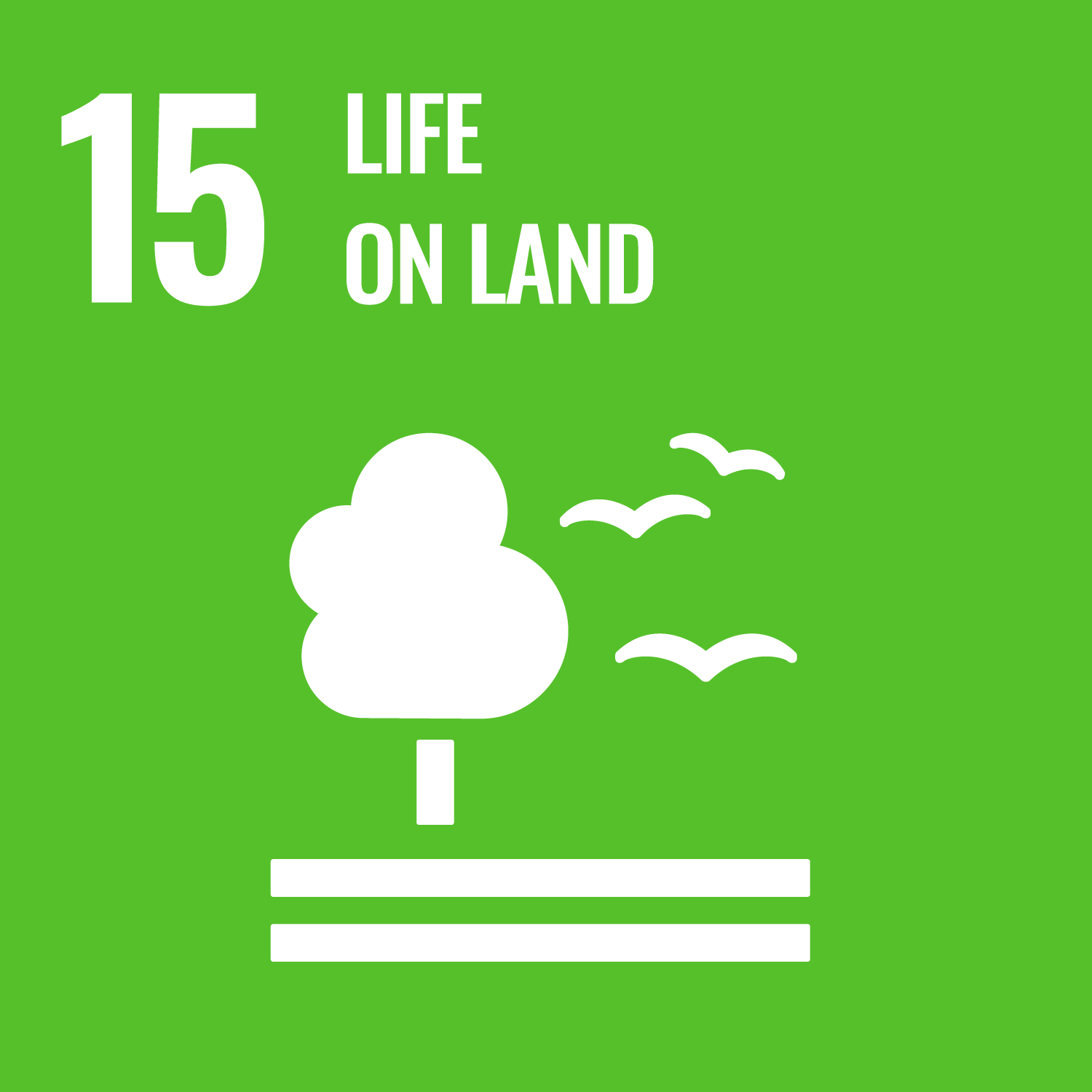South, J. orcid.org/0000-0002-6339-4225, Sabini, L. orcid.org/0000-0002-7417-157X, Pattison, Z. et al. (1 more author) (2025) Aquatic biological invasions exacerbate nutritional and health inequities. Trends in Ecology & Evolution, 40 (8). pp. 718-721. ISSN: 0169-5347
Abstract
Fish are a critical source of accessible nutrition. However, when non-native species introduced through aquaculture establish in the wild, they inevitably alter the structure of ecological networks. This could have unprecedented outcomes for nutrient and toxin accumulation when aquatic food is consumed by humans, with socioeconomically variable impacts.
Metadata
| Item Type: | Article |
|---|---|
| Authors/Creators: |
|
| Copyright, Publisher and Additional Information: | © 2025 The Author(s). This is an open access article under the terms of the Creative Commons Attribution License (CC-BY 4.0), which permits unrestricted use, distribution and reproduction in any medium, provided the original work is properly cited. |
| Keywords: | aquaculture, non-native species, socioeconomic impacts, ecological impacts, nutritional replacement, toxins |
| Dates: |
|
| Institution: | The University of Leeds |
| Academic Units: | The University of Leeds > Faculty of Engineering & Physical Sciences (Leeds) > School of Civil Engineering (Leeds) The University of Leeds > Faculty of Biological Sciences (Leeds) > School of Biology (Leeds) |
| Depositing User: | Symplectic Publications |
| Date Deposited: | 27 Aug 2025 09:36 |
| Last Modified: | 27 Aug 2025 09:36 |
| Status: | Published |
| Publisher: | Elsevier |
| Identification Number: | 10.1016/j.tree.2025.06.007 |
| Related URLs: | |
| Sustainable Development Goals: | |
| Open Archives Initiative ID (OAI ID): | oai:eprints.whiterose.ac.uk:230700 |


 CORE (COnnecting REpositories)
CORE (COnnecting REpositories) CORE (COnnecting REpositories)
CORE (COnnecting REpositories)